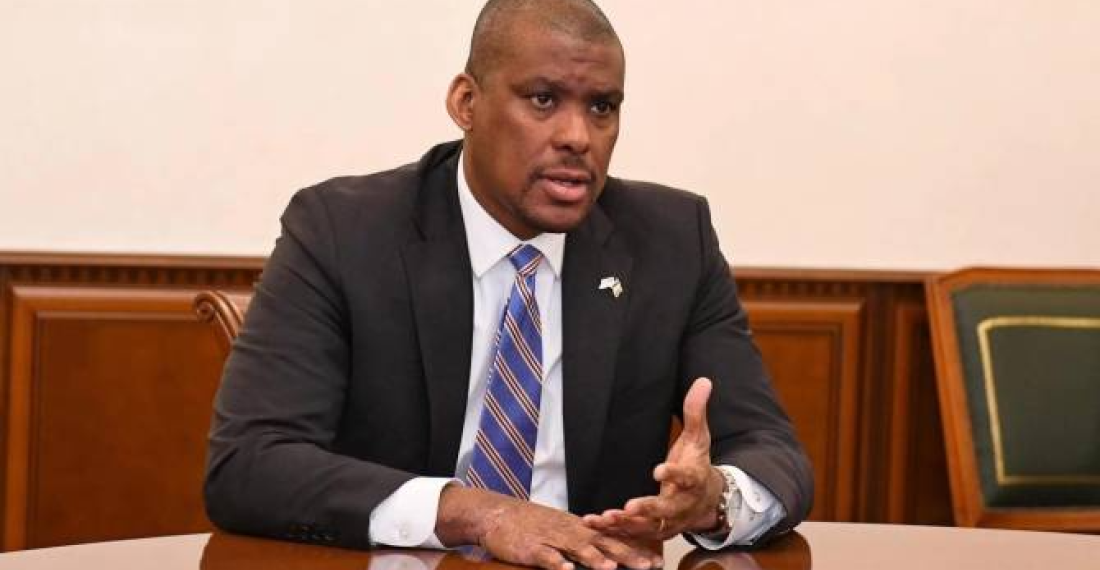The Principal Deputy Assistant Secretary in the Bureau of European and Eurasian Affairs at the US State Department, Dereck Hogan, confirmed on Tuesday (23 May) that the United States made a number of proposals to Armenia and Azerbaijan over contentious issues during the Washington talks at the start of May.
Speaking at a Subcommittee Hearing in the House Foreign Affairs Committee, Hogan said, "[US Secretary of State Antony Blinken] hosted the two foreign ministers in early May to work through some of the most contentious issues including, for example, the distancing of forces along the border, dispute resolution mechanism in the treaty that we are trying to facilitate agreement on, the rights and security of the ethnic Armenians in Nagorno-Karabakh. These are a lot of the issues that we were working through."
"We put forward a number of proposals that gave the two sides perhaps some bridging language there. So they’ve been taking that back and studying it," Hogan added.
Hogan's statement echoes a sentiment given by Armenian Prime Minister Nikol Pashinyan in a press conference on Monday (22 May) in which he said that the Washington D.C. marked a point where the sides began communicating with each other more openly, directly, and with a greater mutual understanding than previously.
You can read a summary of the most important moments from Pashinyan's press conference here.
US coordination with the EU
Hogan also added that the US was coordinating with the EU on facilitating Armenia-Azerbaijan dialogue. "Since [the Washington talks] we have been working very closely with the European Union," Hogan said.
"Charles Michel hosted the leaders actually in Brussels just a couple of weeks after we hosted the foreign ministers and then they will be meeting again, the two leaders, the Azerbaijani and the Armenian leaders with the Chancellor of Germany, the President of France as well as the President of the EU Charles Michel to again focus on what needs to be done to actually get this across to finish line."
"We still have a long way to go," Hogan cautioned, however.



